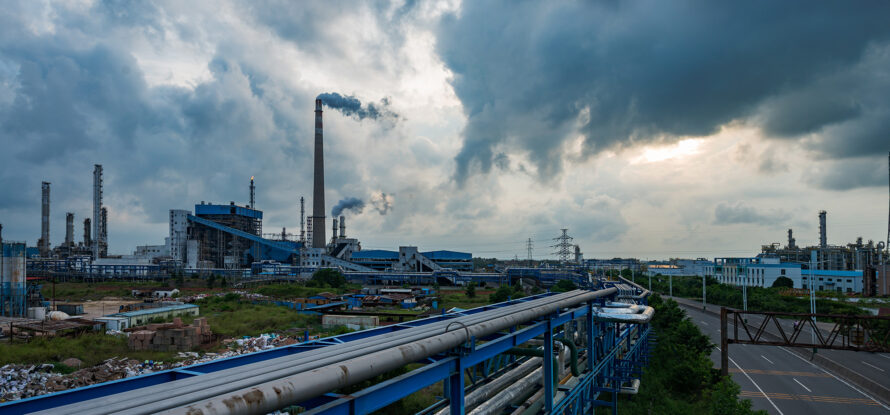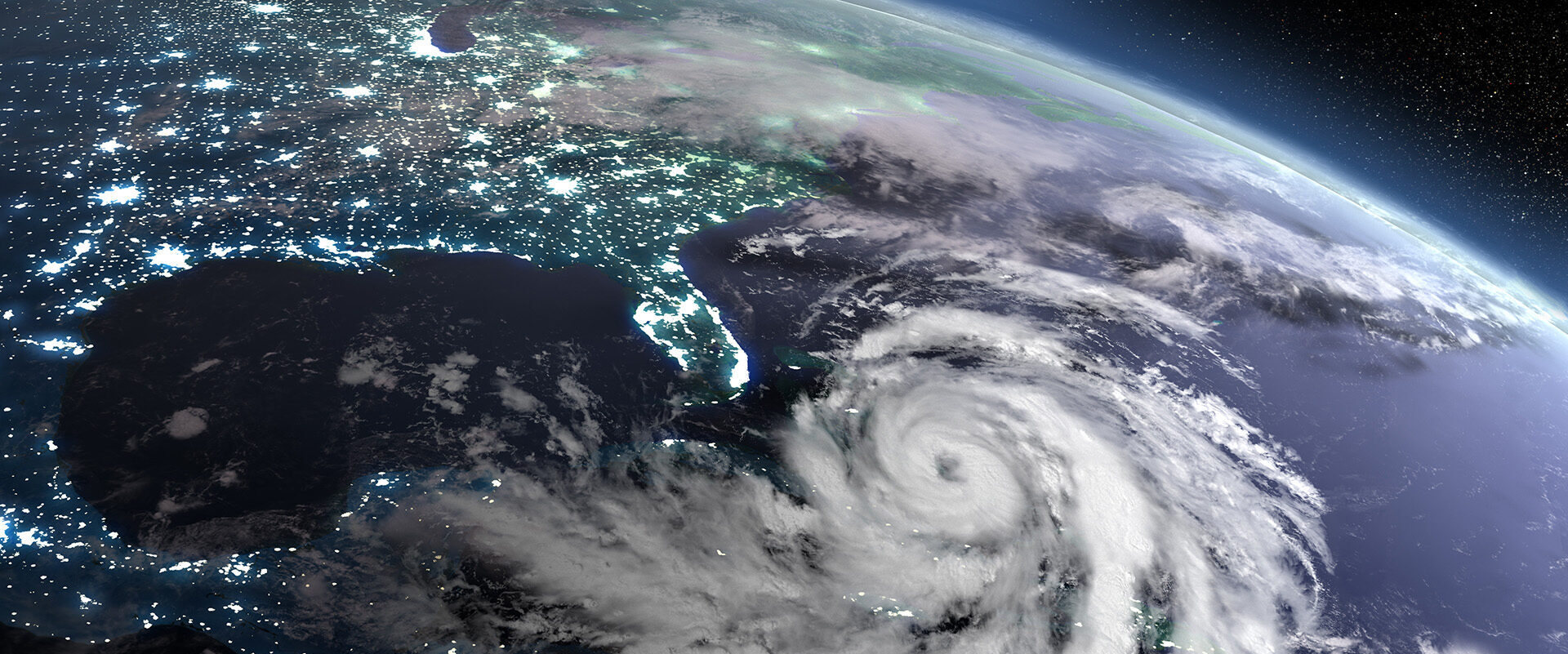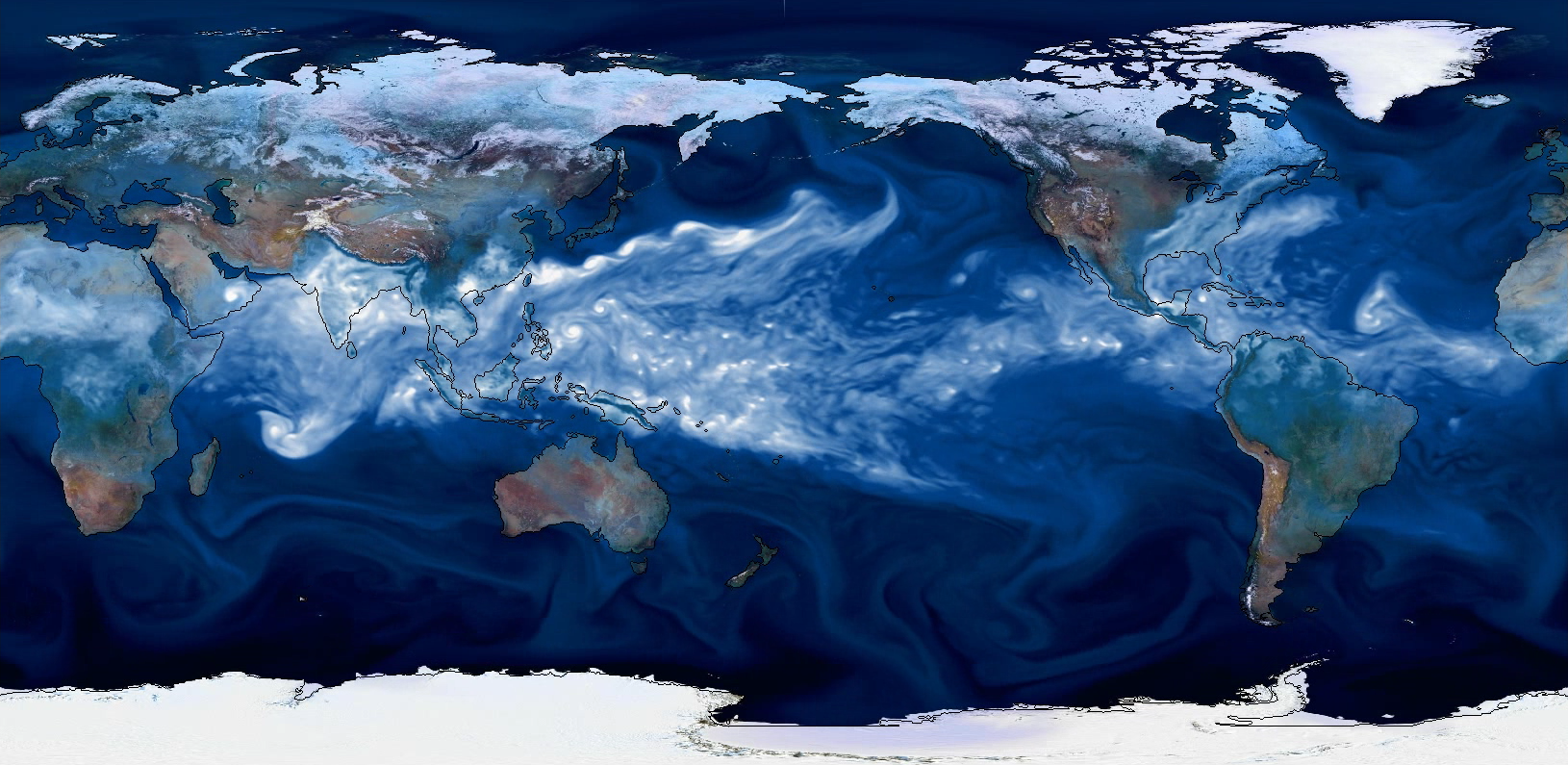Our scientists develop climate models that reveal the complex processes shaping climate. To calibrate these models, we also conduct extensive field observations to better understand the climate’s interactions with ecosystems.
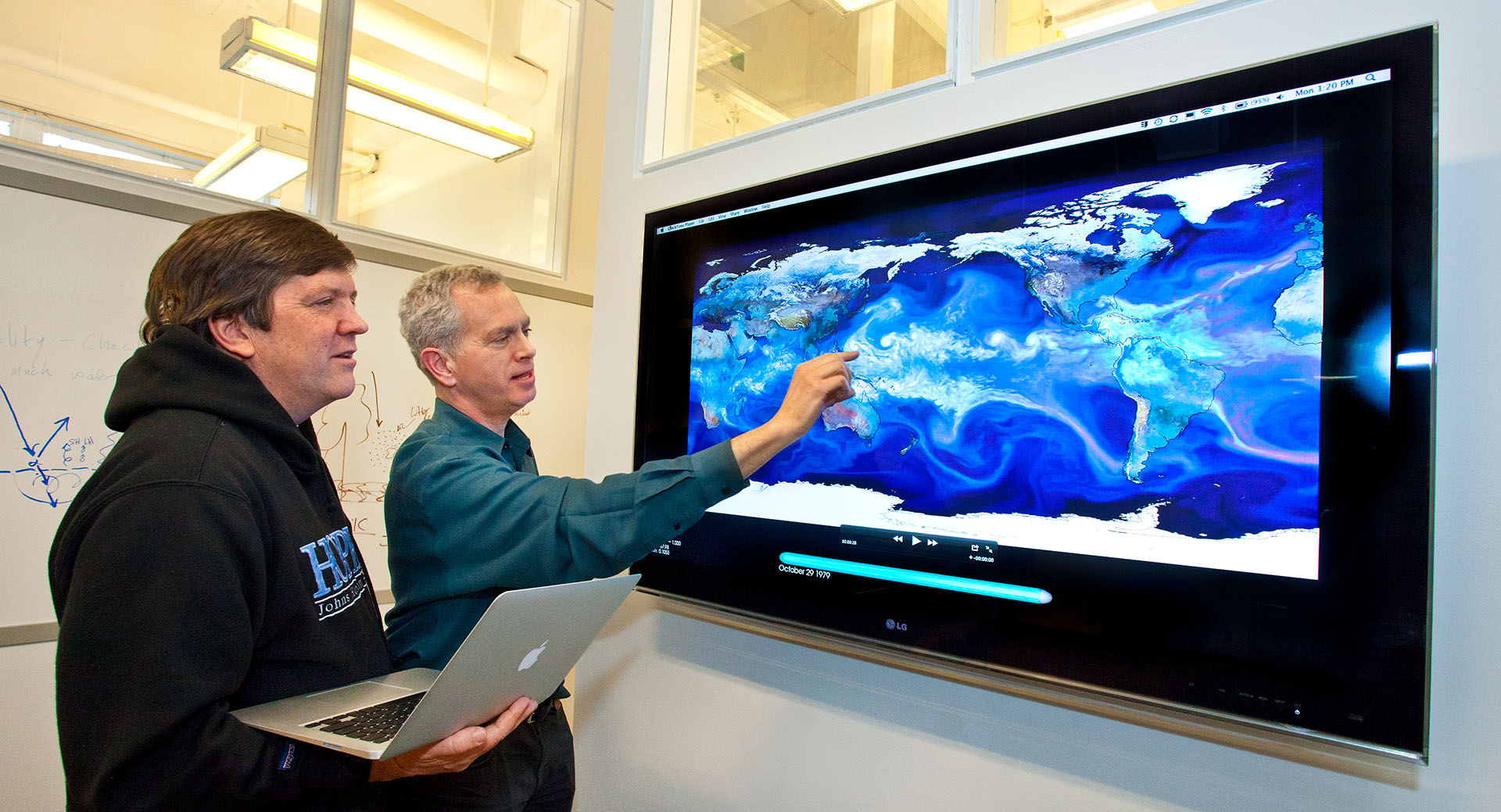
This program aims to develop global process-resolving models to help quantify the roles of climate feedbacks in anthropogenic climate change.
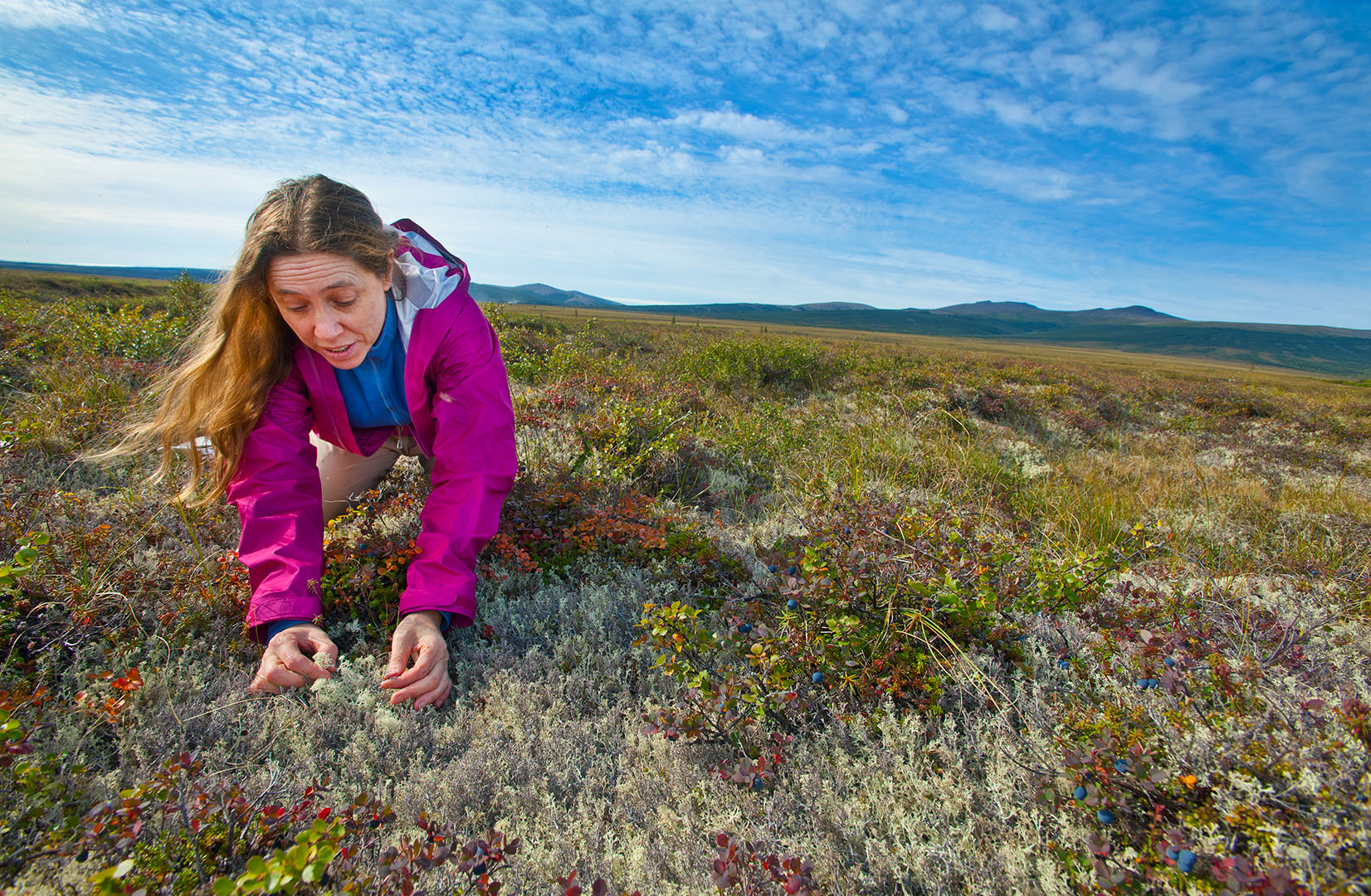
Advancing fundamental understanding of atmospheric radiation, clouds, and precipitation, and their interactions with Earth’s surface and climate.
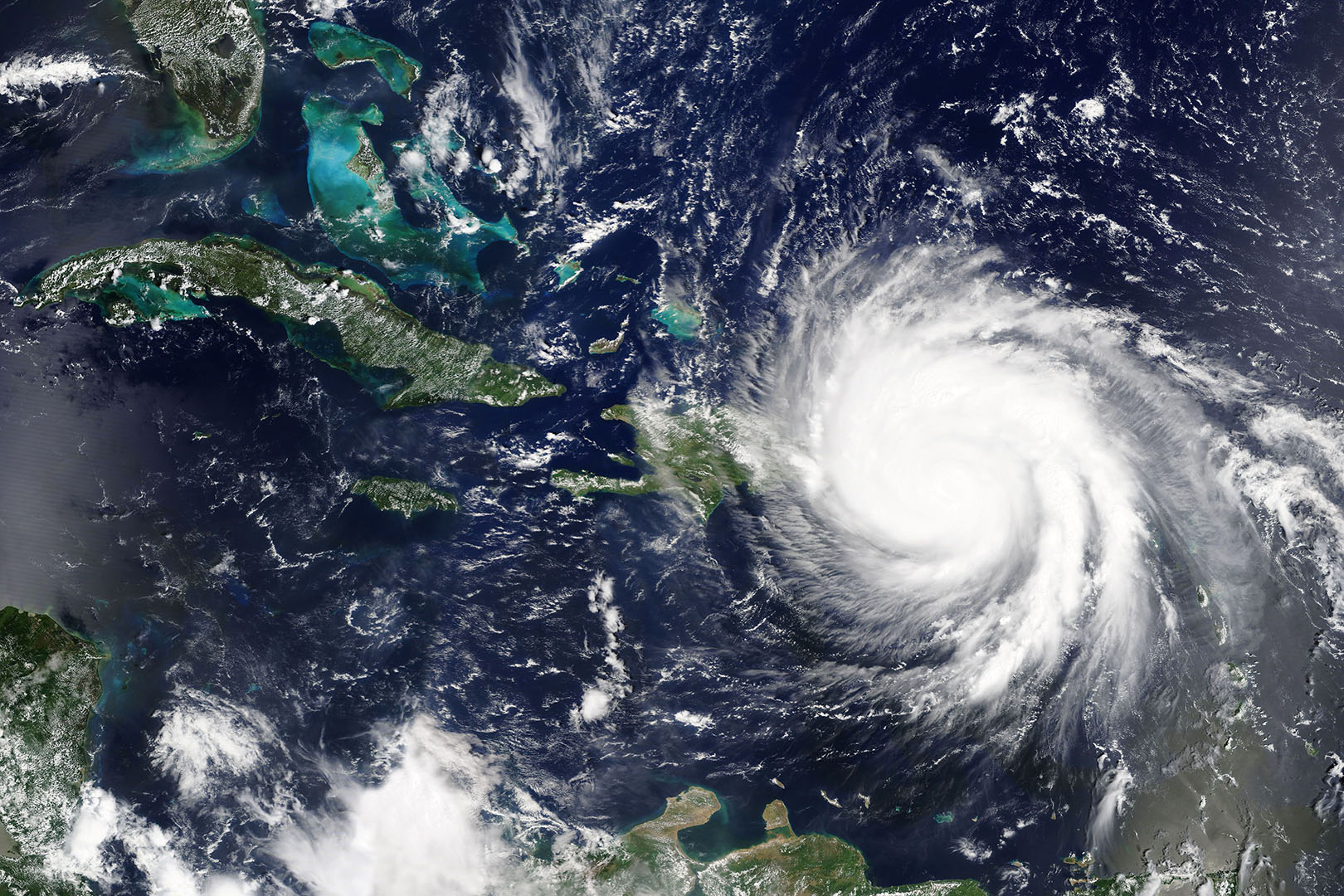
Advancing the nation’s ability to model extreme weather events.
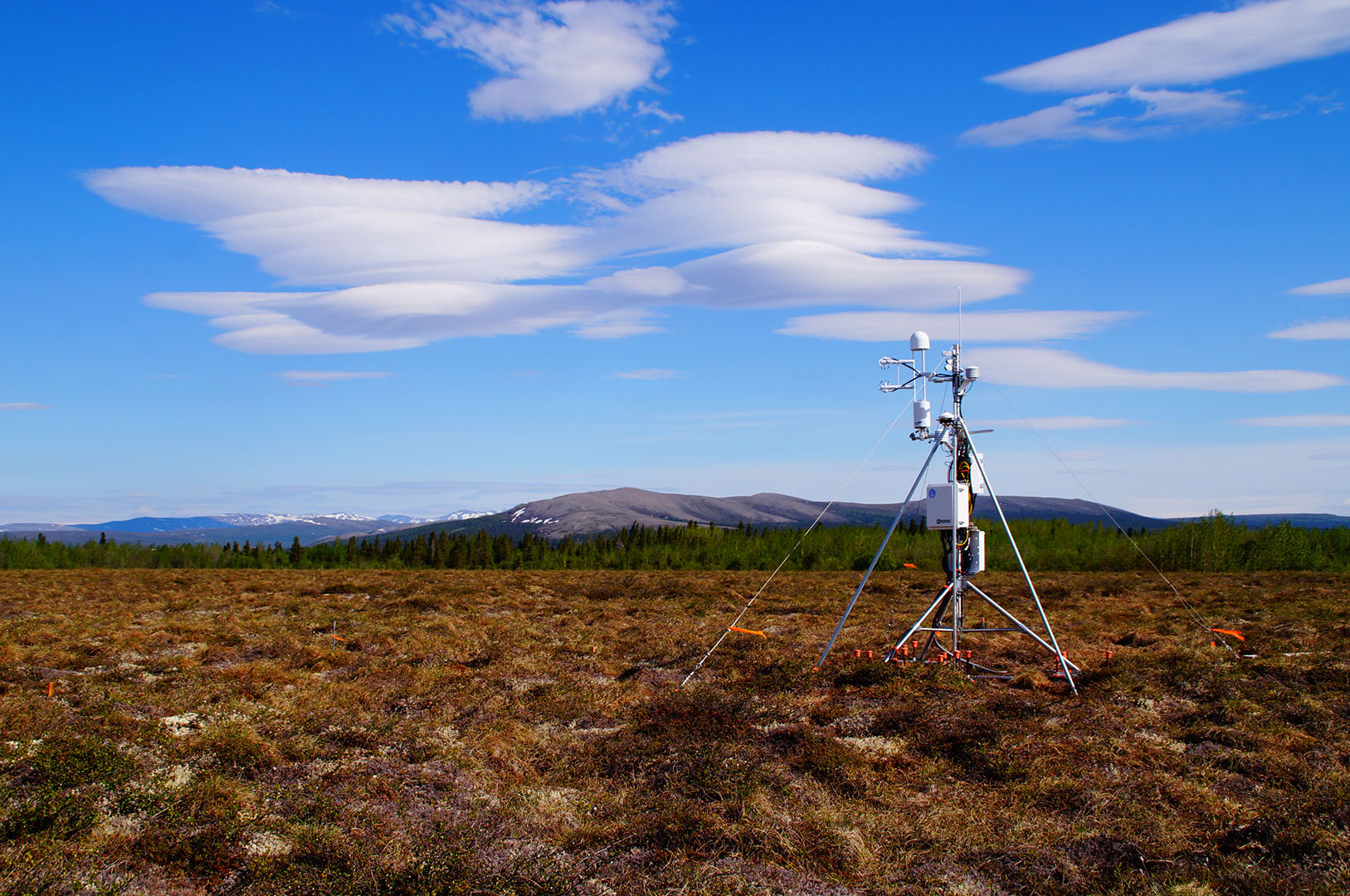
A network of principal investigator-managed sites measuring ecosystem carbon dioxide, water, and energy fluxes in North, Central, and South America.
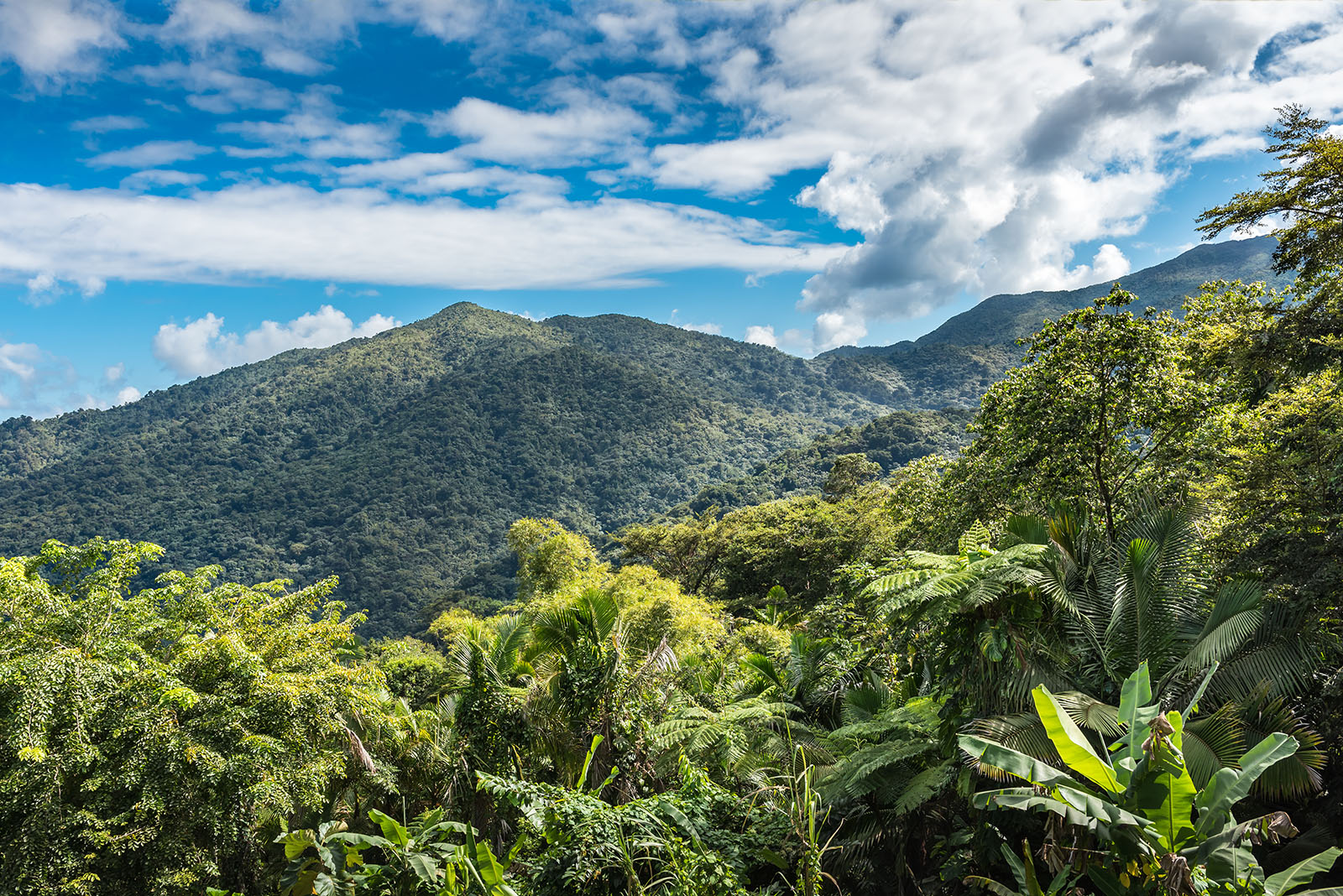
Advancing model predictions of tropical forest carbon cycle responses to various climate conditions.
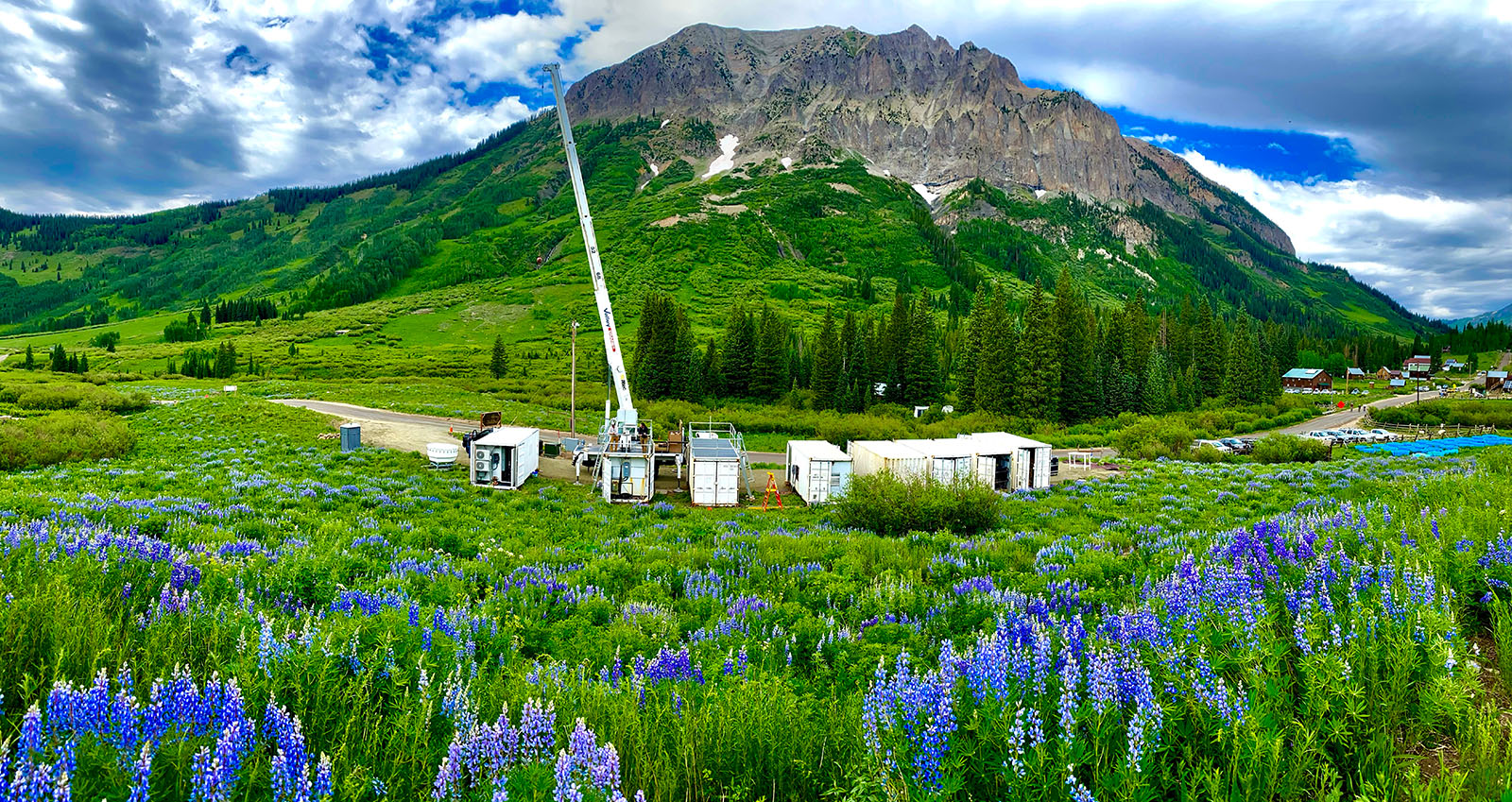
Advancing scientific understanding of the major atmospheric physical processes and land-atmosphere interactions affecting how mountainous watersheds in the Rocky Mountains deliver water.
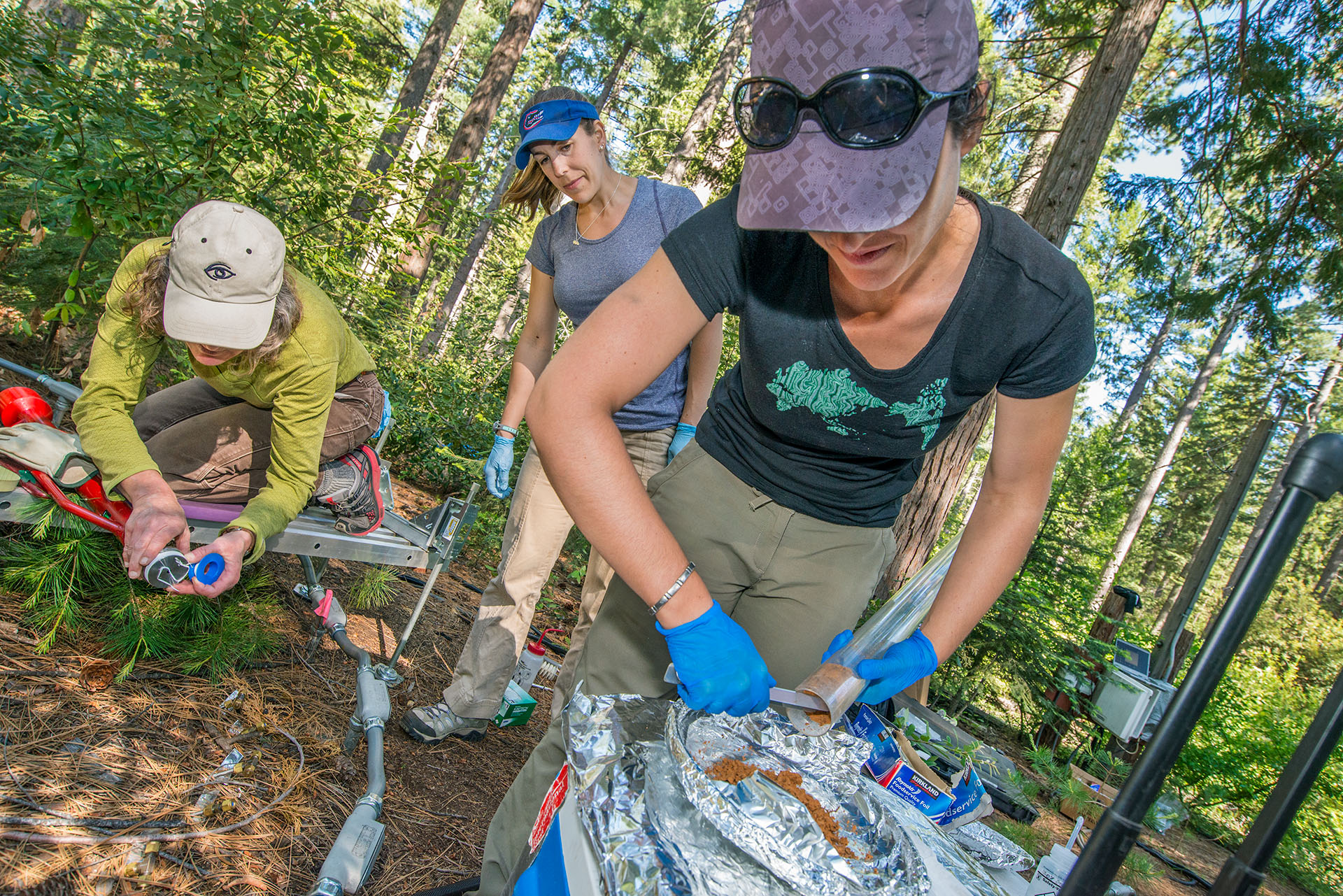
Advancing understanding of terrestrial biogeochemistry, with a focus on belowground soil carbon cycling.
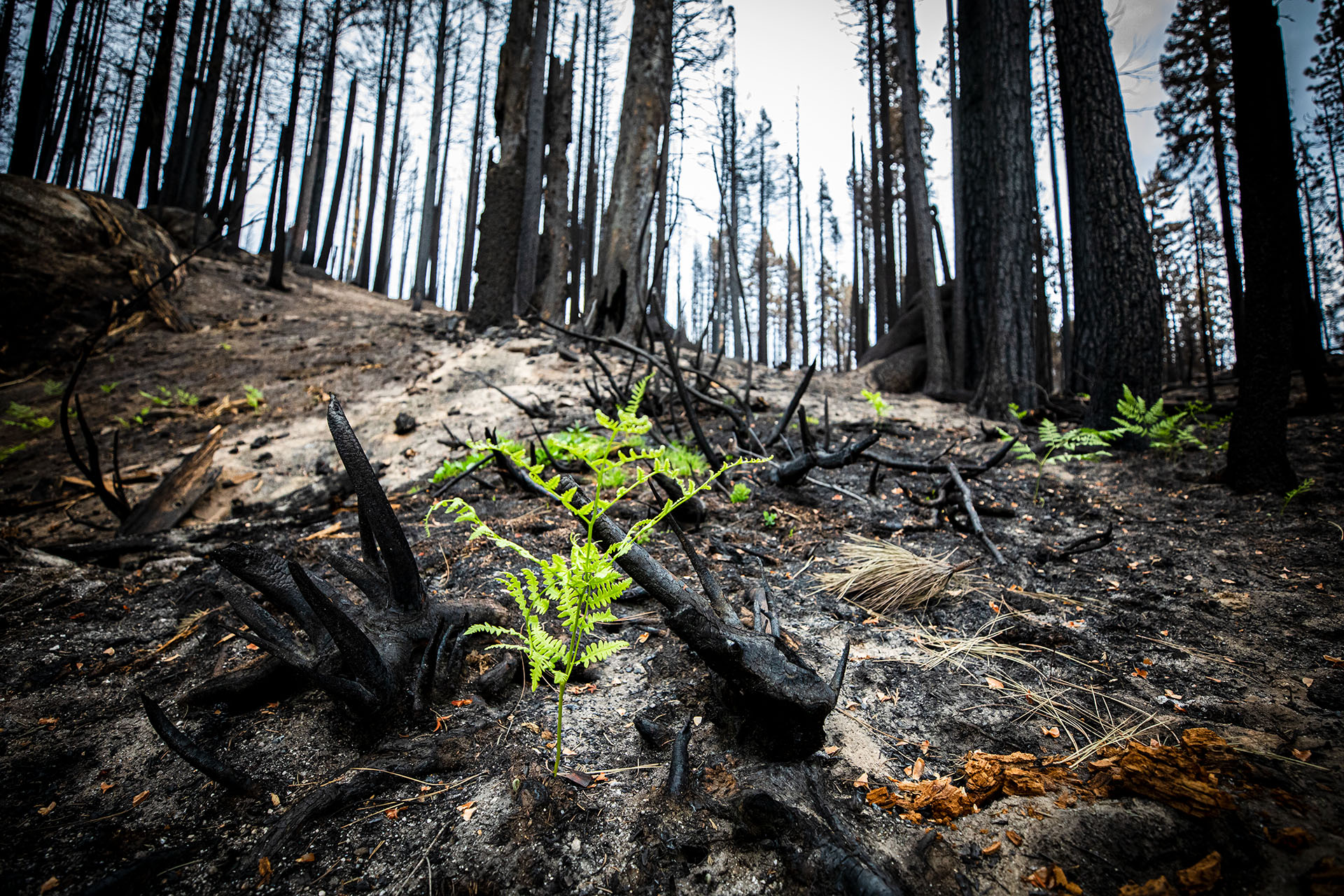
A next-generation numerical terrestrial ecosystem model that simulates and predicts growth, death, and regeneration of plants and subsequent tree size distributions.
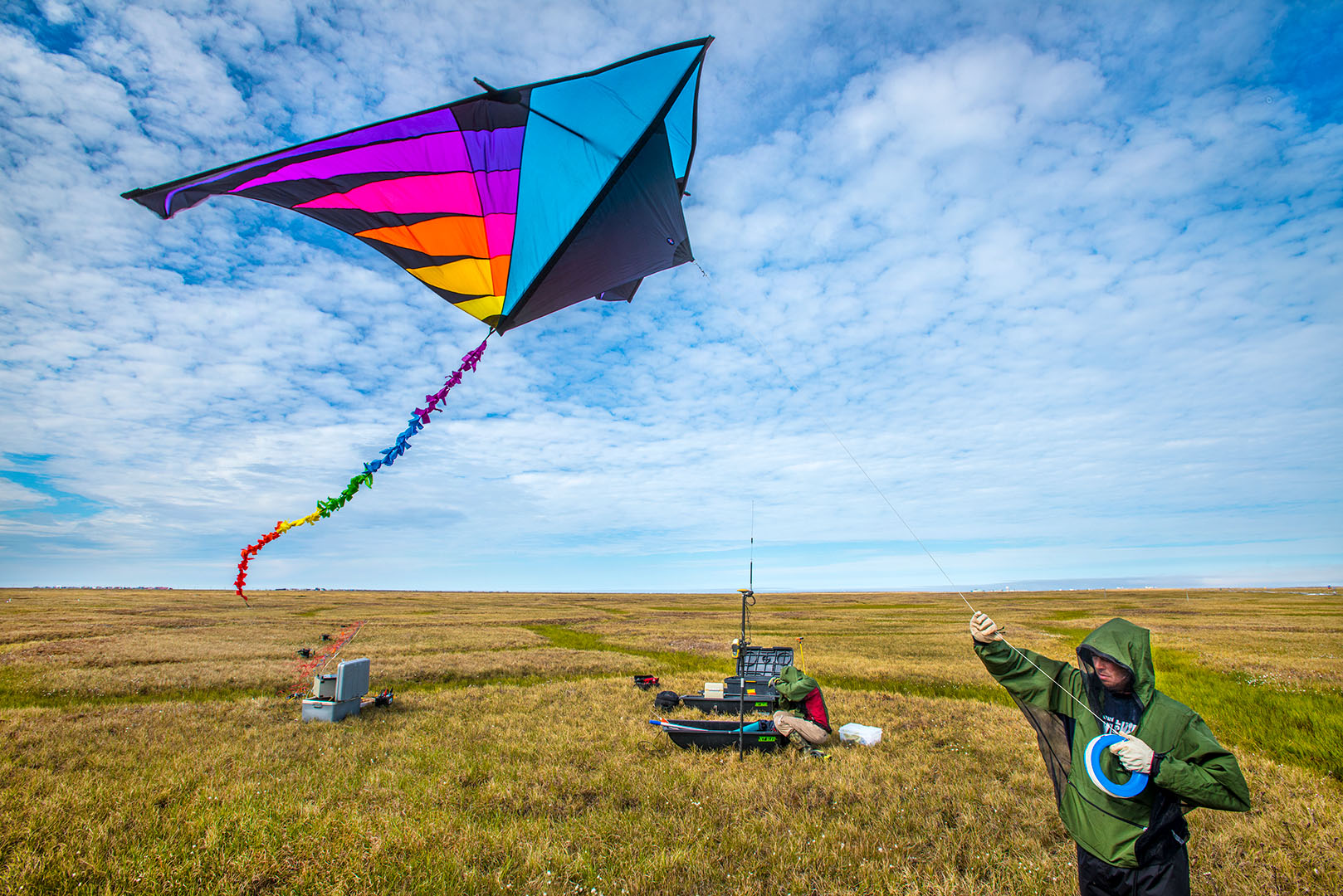
Aims to improve our ability to predict exchanges of carbon, water, and energy at the landscape scale.
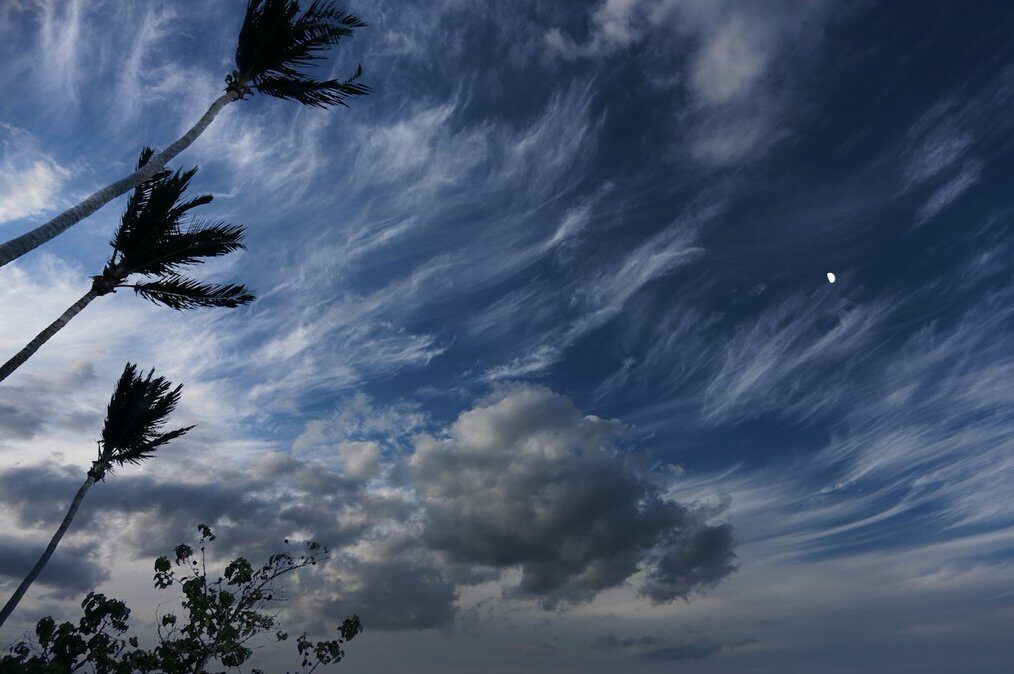
A model with weather-scale resolution to simulate aspects of Earth’s variability and decadal changes expected to affect the U.S. energy sector in coming years.

Identifying and quantifying interactions between biogeochemical and hydrological cycles and the Earth system.
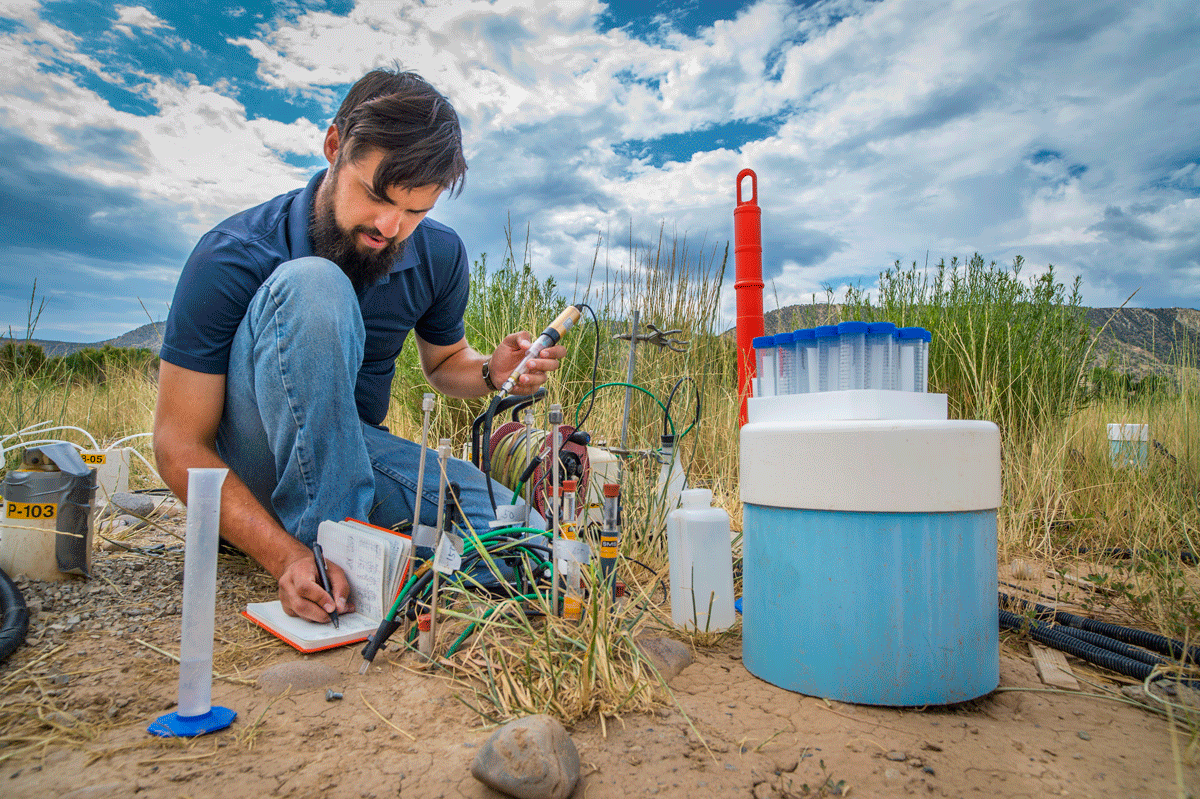
A data repository that collects, stores, manages, and shares earth and environmental systems data created through research sponsored by the U.S. Department of Energy.
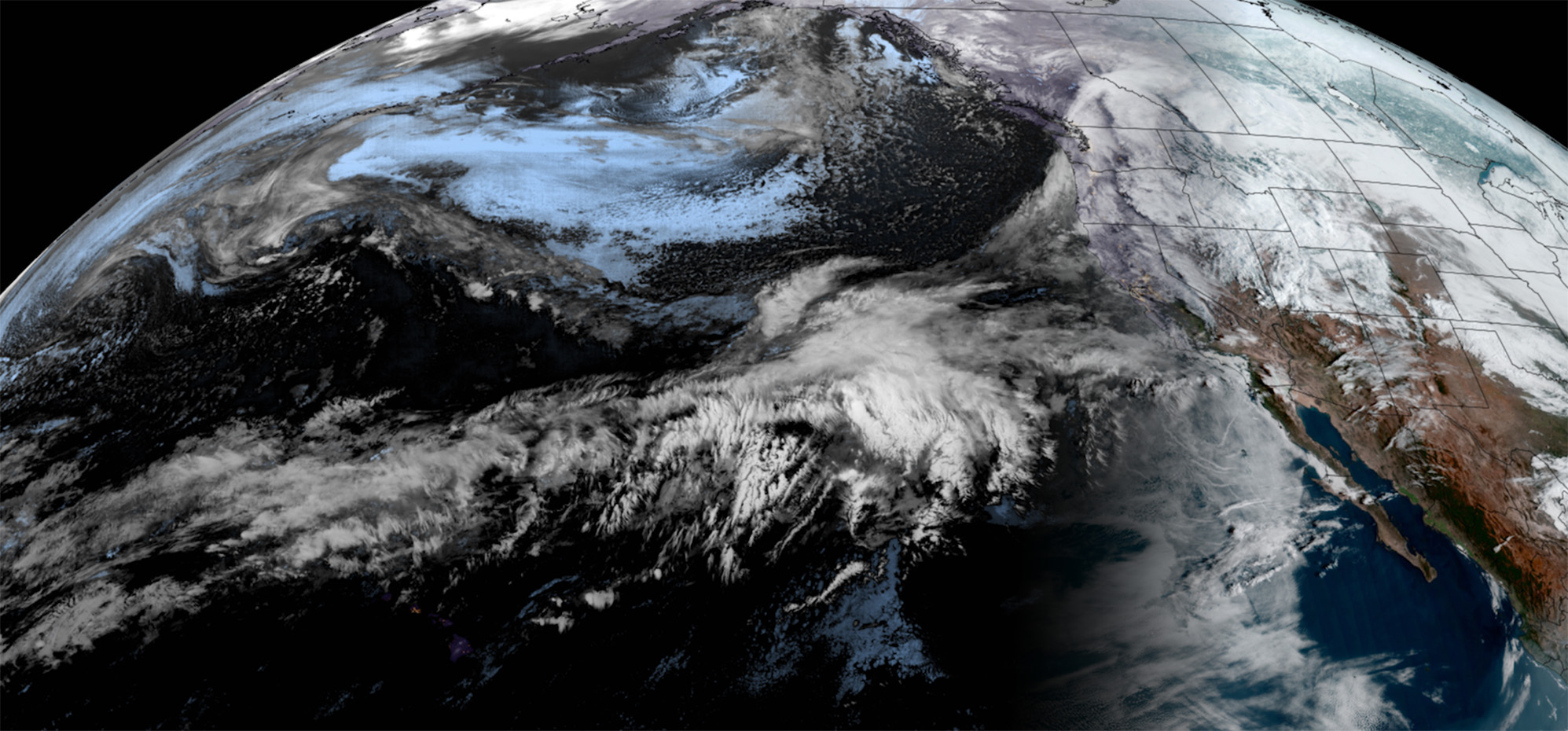
In California’s 2022-2023 winter season, the state faced nine atmospheric rivers (ARs) that led to extreme flooding, landslides, and power outages – the longest duration of continuous AR conditions in the past 70 years. Scientists recently conducted a study using machine learning to better understand these complex weather systems, finding that more intense atmospheric rivers are more likely to occur in succession within a short period of time.
